Critical Care
Emergency Medicine
Medical Education
Neonatology
Trainee
“NRP and Beyond”: A Simulation-based Workshop for Enhanced Complex Resuscitations in Neonates and Infants
-
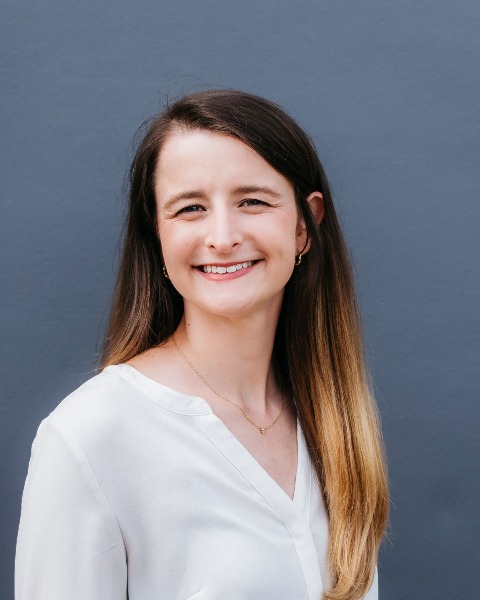
Michelle Bartlett, MD, MS (she/her/hers)
Fellow Physician
Childrens Hospital of Philadelphia
Philadelphia, Pennsylvania, United States -

Kesi Yang, MD (she/her/hers)
Assistant Professor of Clinical Pediatrics
Perelman School of Medicine at the University of Pennsylvania
Wallingford, Pennsylvania, United States -
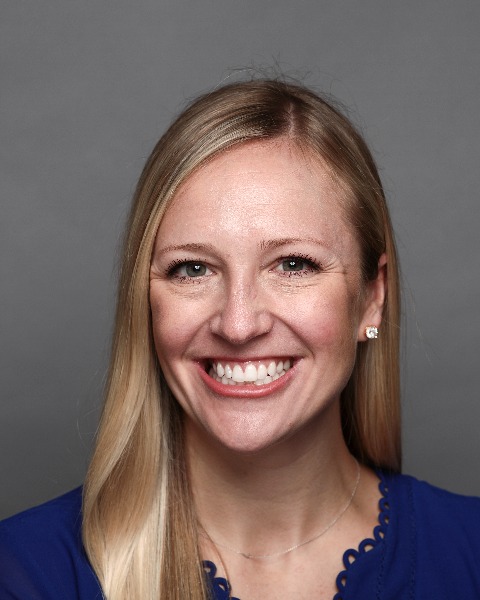
Morgan Hill, MD (she/her/hers)
Assistant Professor of Pediatrics, Neonatology
Cincinnati Children's Hospital Medical Center
Loveland, Ohio, United States -
LG
Lindsay Gilmore, MD (she/her/hers)
Neonatologist
Naval Hospital Okinawa
FPO, Armed Forces - AP, United States -
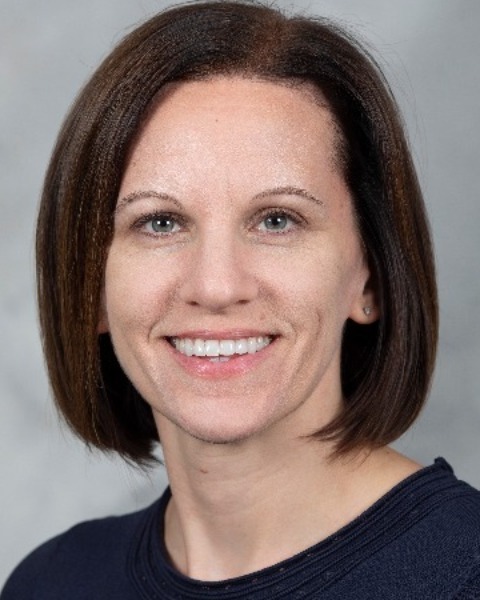
Elizabeth Wetzel, MD MS (she/her/hers)
Associate Professor of Clinical Pediatrics
Pediatrics
Riley Hospital for Children at Indiana University Health
Riley Hospital for Children at Indiana University Health
Carmel, Indiana, United States -

Rita Dadiz, DO (she/her/hers)
Professor of Pediatrics
Golisano Children's Hospital at The University of Rochester Medical Center
Rochester, New York, United States -
.jpg)
Ruby Gupta, MD MS
Associate professor
Pediatrics
Medical College of Wisconsin
MCW
Milwaukee, Wisconsin, United States -
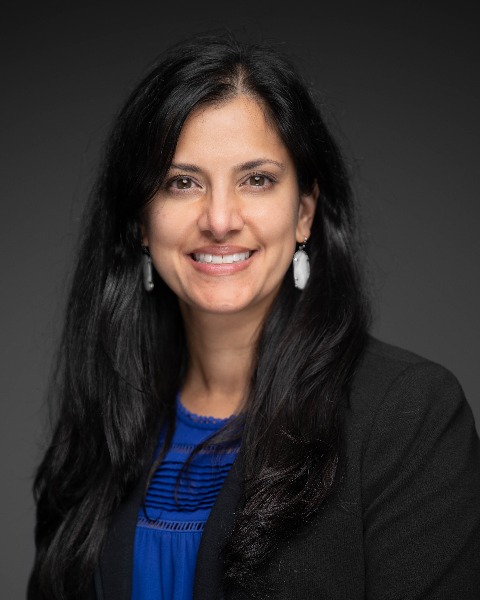
Suma Hoffman, MD, MS (she/her/hers)
Associate Professor of Pediatrics
Pediatrics
Children's National Health System
Bethesda, Maryland, United States -
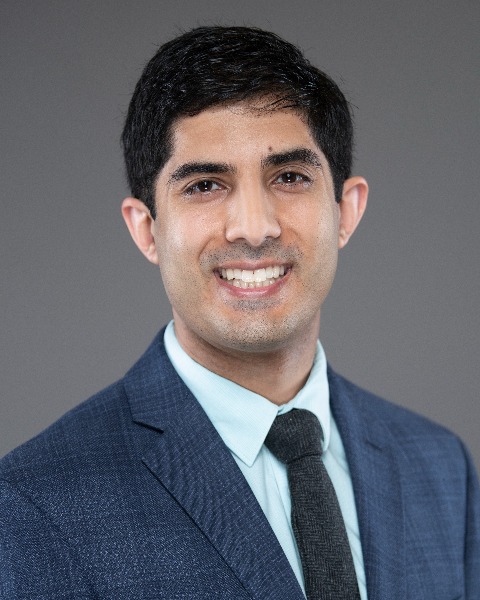
Simranjeet Sran, MD, MEd (he/him/his)
Assistant Professor, Pediatrics
Children's National Hospital
Washington, District of Columbia, United States
Leader(s)
Co-Leader(s)
Workshop Description: With advances in medical care, neonatologists are caring for increasingly complex former preterm infants. As these infants mature and their disease processes evolve in the neonatal intensive care unit (NICU), our approach to care must also evolve to match their complex pathophysiology. The patients we care for in the NICU include those with difficult airways, tracheostomy and ventilator dependence, severe bronchopulmonary dysplasia (BPD), congenital heart disease, lymphatic dysfunction, and/or chronic surgical issues, in addition to numerous other comorbidities that must be integrated into a comprehensive clinical care plan. Simulation provides a safe environment to practice synthesizing complex clinical information to develop and execute a unique care plan. Simulation has been shown to improve clinicians' fund of knowledge and skills for less commonly performed procedures. Our workshop allows providers to work in a environment with standard guidelines such as Neonatal Resuscitation Program (NRP) and Pediatric Advanced Life Support (PALS), cognitive aids, mannequins, supplies, and equipment for complex scenarios to practice their clinical decision making, technical skills, and cognitive load balance. It also allows providers to discuss the potentially heterogenous clinical management of our unique patient population while debriefing the simulation scenarios in a protected environment with pediatric colleagues to improve their own clinical and communication practices.
Learning Objectives:
- Develop Clinical Decision-Making Skills: Participants will enhance their ability to integrate complex clinical information and disease mechanisms into a comprehensive clinical synopsis for neonates and infants with unique and challenging medical comorbidities, potentially including those with difficult airways, tracheostomy/ventilator dependence, and severe bronchopulmonary dysplasia
- Enhance Procedural Competence: Participants will practice and refine their technical skills and procedural techniques adjunctive to their clinical management, including those less commonly performed, using simulation-based scenarios with mannequins, supplies, and equipment in alignment with standard guidelines such as NRP and PALS.
- Foster Collaborative Learning: Participants will engage in discussions with peers to explore diverse clinical management strategies and share insights in a supportive and protected environment.

